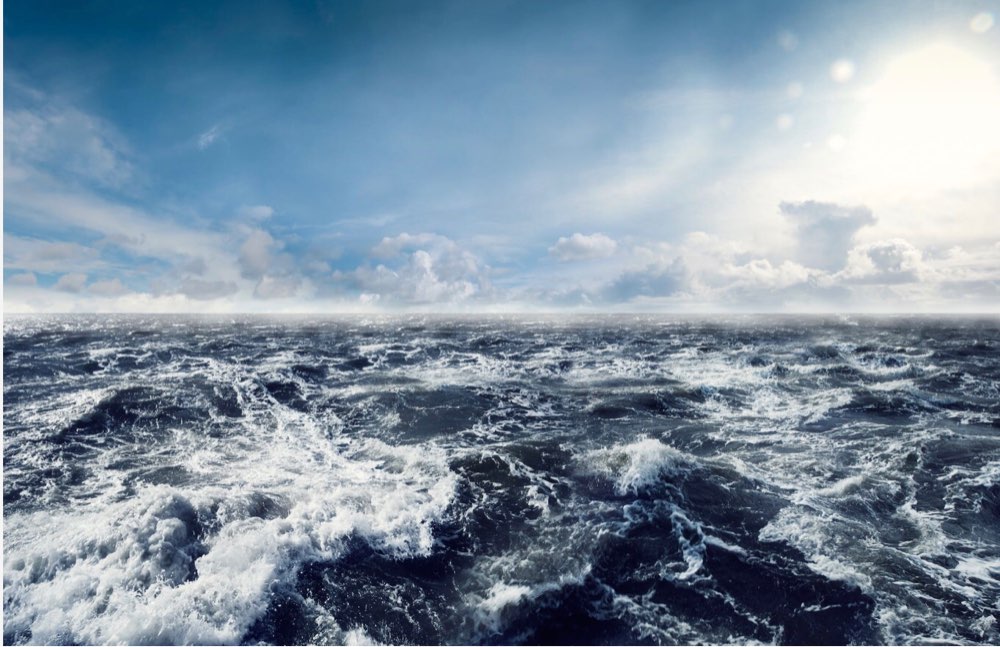February 1995 LSAT - Section 4 - Question 3


shunhe July 21, 2020
Hi @Mikeheath,
mikeheath July 22, 2020
Thank you!